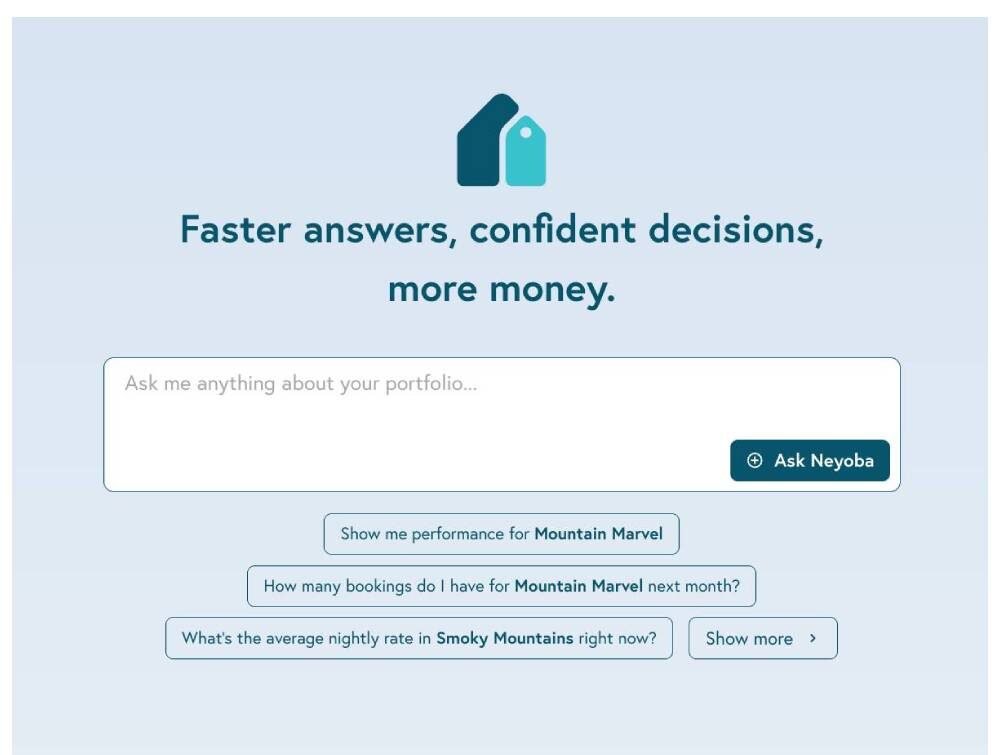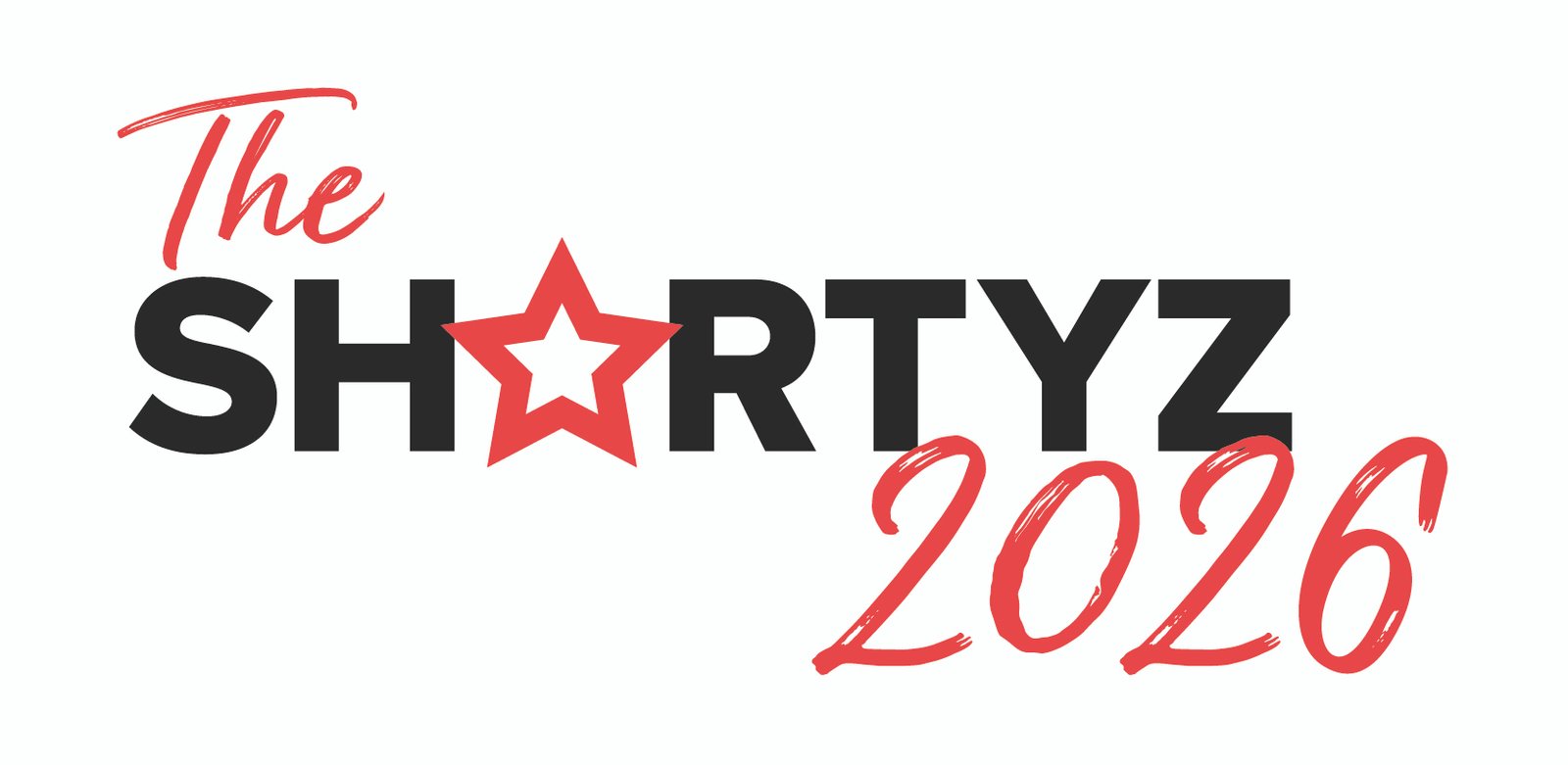France: A recent tightening of short-term rental regulations in Marseille has led to a significant shift in the city’s property market, with many landlords opting to sell their properties rather than adapt to the new rules.
The Marseille city council has reduced the maximum number of nights a property can be rented to short-term guests from 120 to 90 per calendar year. This move aims to encourage property owners to transition their listings to the long-term rental market, addressing concerns about housing availability for local residents.
In addition to the rental cap, Mayor Benoît Payan has implemented measures targeting the proliferation of lockboxes and key safes used by Airbnb hosts, citing their impact on the city’s aesthetics and public spaces. He has also proposed that hosts be required to purchase a second property for long-term rental to counteract the “emptying” of neighborhoods.
These stringent regulations have prompted a notable response from property owners. Approximately 220 out of 1,500 properties previously listed on short-term rental platforms have been put up for sale in recent weeks. Stéphane Daumillare, co-founder of property valuation platform Lycaon, attributes this trend to owners finding it more profitable to sell amid market dynamism rather than navigate the uncertainties of the new restrictions.
This development reflects a broader national discourse in France, where lawmakers are considering further restrictions on short-term rentals to alleviate housing shortages in high-demand areas. Proposals include limiting tax breaks for short-term rental income and granting local authorities greater power to regulate such accommodations.
As Marseille enforces these measures, the city becomes a focal point in the ongoing debate over balancing tourism-driven rental income with the need for sustainable, long-term housing solutions for residents.

![Airbnbmarseille [Credit: HeartHomes]](https://strz.tbcserver17.com/wp-content/uploads/2025/04/Airbnbmarseille-800x445.jpg)





